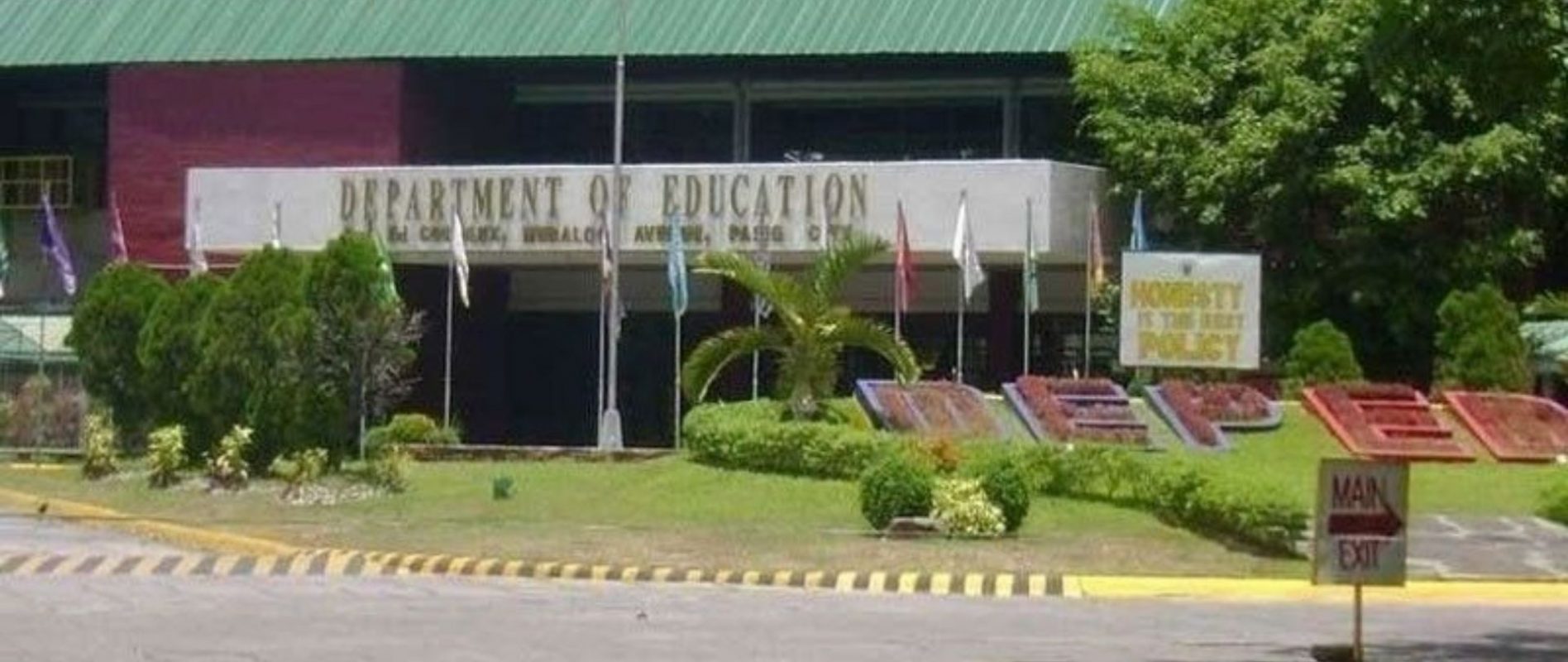DEPED UPDATES CLASS SUSPENSION RULES, BOOSTS LEARNING CONTINUITY
THE DEPARTMENT of Education has issued revised guidelines on class and work suspensions in schools during disasters and emergencies to safeguard learners, teachers and non-teaching personnel from potential harm while ensuring uninterrupted learning.
THE DEPARTMENT of Education has issued revised guidelines on class and work suspensions in schools during disasters and emergencies to safeguard learners, teachers and non-teaching personnel from potential harm while ensuring uninterrupted learning.
DepEd Order No. 022, s. 2024 issued on Dec. 23 outlined new protocols for class and work suspensions during typhoons, heavy rainfall, earthquakes, power outages, extreme heat, low air quality, and other hazards.
“The Department of Education upholds the principle of promoting the welfare, safety, and security of learners and personnel at all times. At the same time, it recognizes the importance of uninterrupted learning, even in times of disasters and calamities, especially for learners in disaster-prone areas,” the order read.
“To balance these priorities, this policy emphasizes both the safety and academic continuity needed by learners and personnel,” it added.
Under DO 22, schools must develop and update their Learning and Service Continuity Plans (LSCPs) to reduce disruptions in education caused by emergencies.
The LSCP should include identification of Alternative Delivery Modes (ADMs) tailored to local conditions, such as modular distance learning, online education, or blended approaches to provide students with continued access to education during calamities.
“Whenever feasible, schools shall shift to distance learning delivery modalities through online distance learning, modular distance learning, or blended learning to ensure learning continuity, in the event of face-to-face class suspensions,” the order said.
Moreover, the LSCP mandates schools to establish protocols for safeguarding learning materials and devices from potential damage, as well as for their distribution to ensure learners can access resources when needed.
The plan also includes mobilizing educators, school heads, and staff during emergencies.
It emphasizes training programs and capacity-building initiatives, such as Learning Action Cells, to equip teachers for alternative teaching methods.
The DepEd also encouraged collaboration with local government units, parents, and community organizations to pool resources for seamless implementation of LSCPs.
Schools are also directed to allocate disaster preparedness and recovery funding in their School Improvement Plans, ensuring resources are available for ADMs, make-up classes, and other related efforts.
The LSCP must be developed every three years alongside the School Improvement Plan and undergo an annual review and update at the start of each school year.














